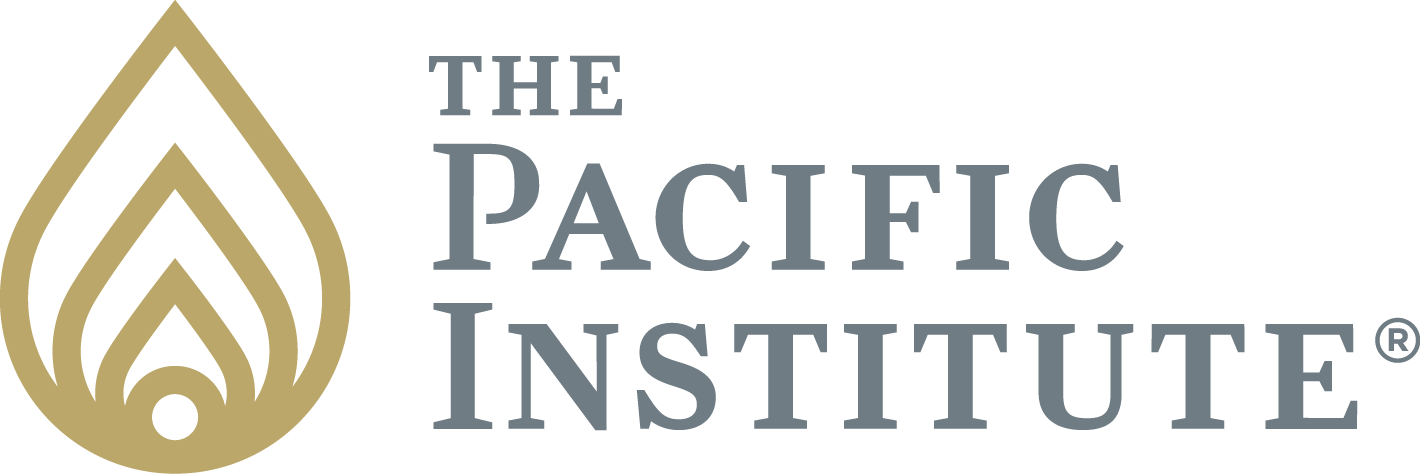Parents, here’s a question for you. Based on what they are seeing in the news these days, if your kids had a class called “Honesty 101,” would they cheat to get a passing grade? Cheating has always been considered to reflect “less” in a person when it comes to morals and ethics. But do today’s kids think of cheating as something everybody does, except nerds? Do they see it as a victimless crime that involves little risk and certain gain?
According to surveys of students and teachers across the U.S. and abroad, the answer is, unfortunately, yes. Fred Schab, professor emeritus at the University of Georgia who passed away in 2009, wrote that since 1969 when he began his study, cheating had been on the rise. An academic cheating fact sheet out of Stanford University states that while about 20% of college students in the 1940s admitted to cheating, surveys today show that between 75% and 98% of college students admitted to having cheated in high school.
More kids think dishonesty is sometimes necessary and more parents are helping their kids avoid school rules. With cheating very visibly going on around them – from banking and savings and loan scandals to international athletes using performance-enhancing drugs, to high profile parents buying their kids’ way into prestigious colleges and universities – somehow this isn’t surprising.
Our schools need clear policies on cheating and an open discussion of the ethics involved. They also need to make sure kids understand just what cheating is and enforce serious penalties for those who are caught. Clearer learning goals and noncompetitive evaluation of students’ progress could help, too. As well, we need an understanding that at its very core, cheating is doing dishonor to the self. Every time we cheat, we subtract from the sum of who we are.
Most important of all are high standards for ethical behavior – taught, talked about and practiced at home. We see news about prominent figures exhibiting less than ethical behavior every day, some of it happening without apparent consequences. These examples are difficult to ignore, and can become easier to follow, in time.
So, do you value honesty? If you do, it is important to think about how you can best teach your children to value it too. Parents are the single greatest influence on children up to age five, and it is rarely too early to learn the benefits of honesty – especially with oneself.





